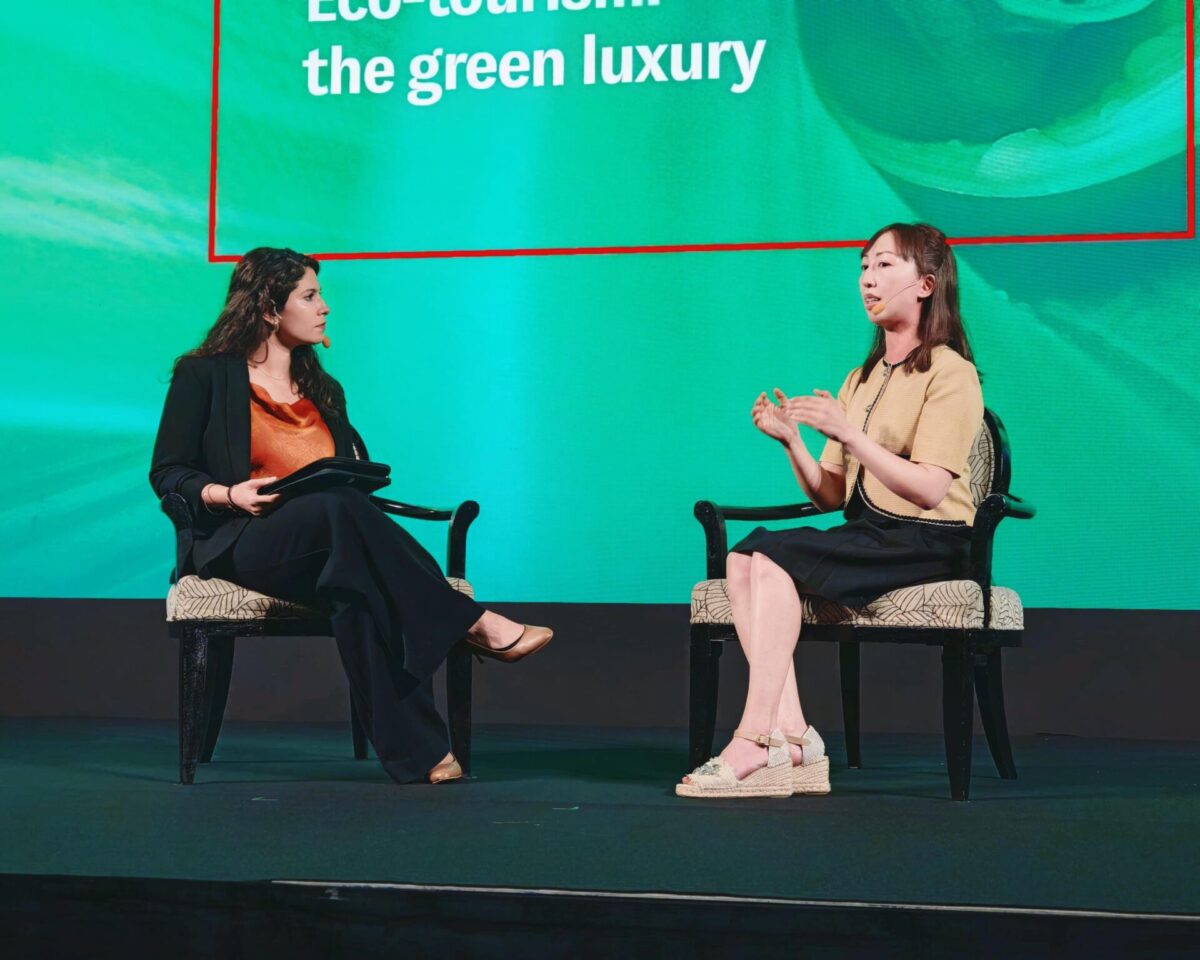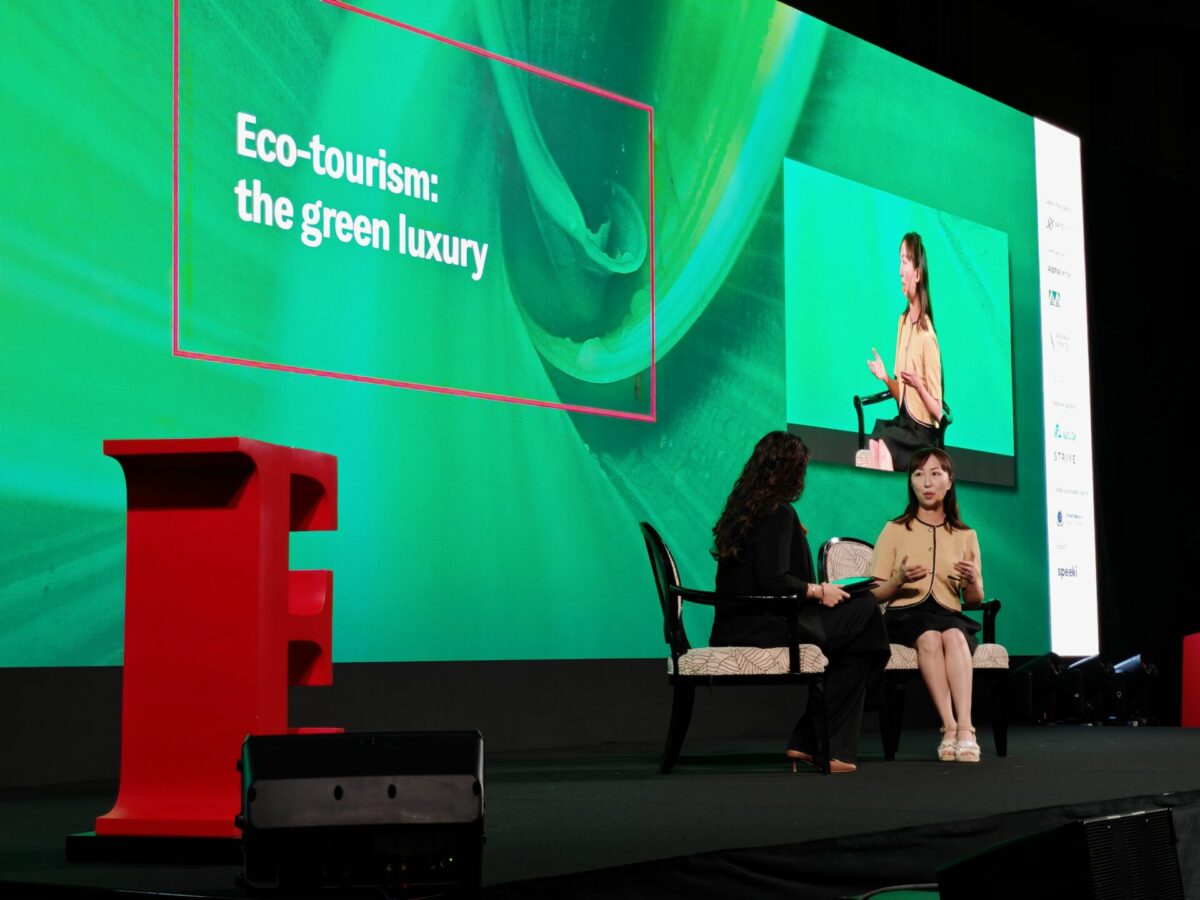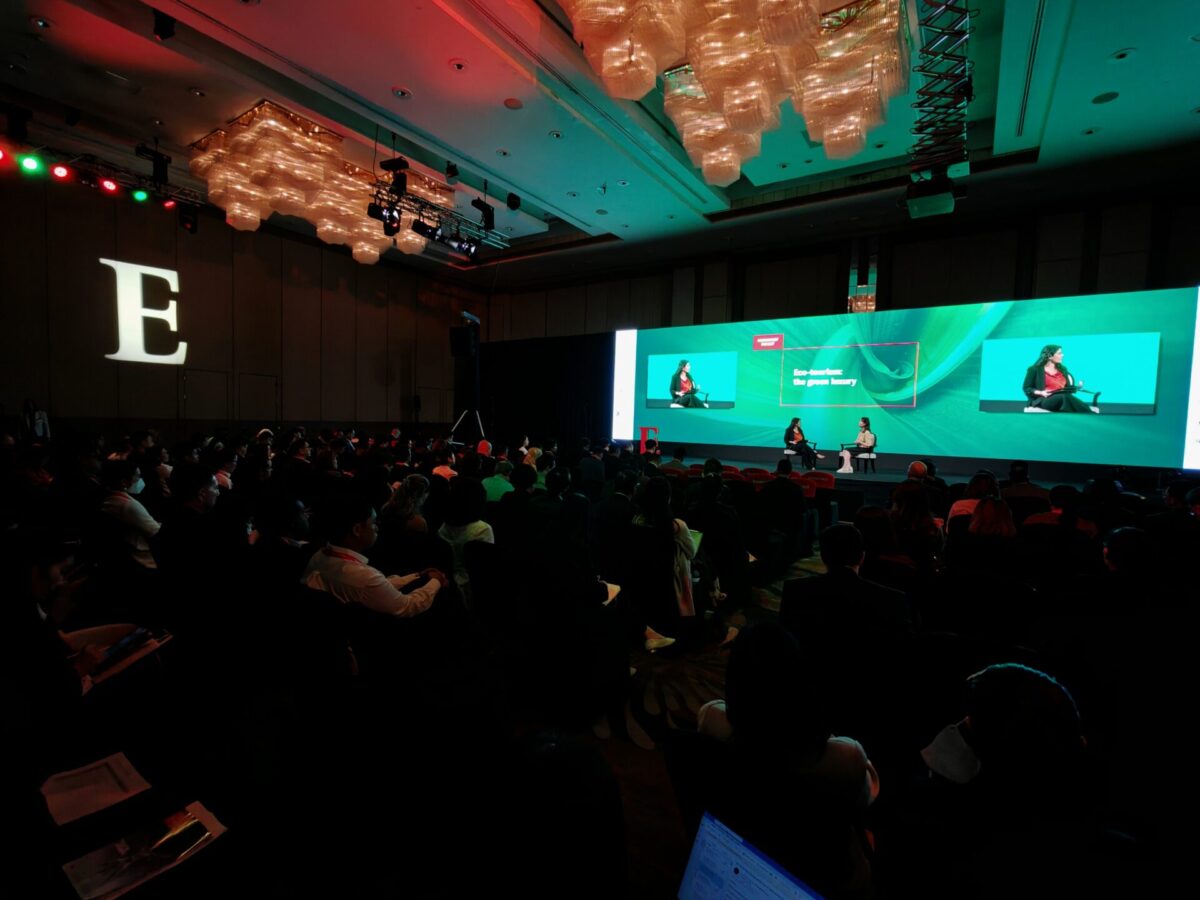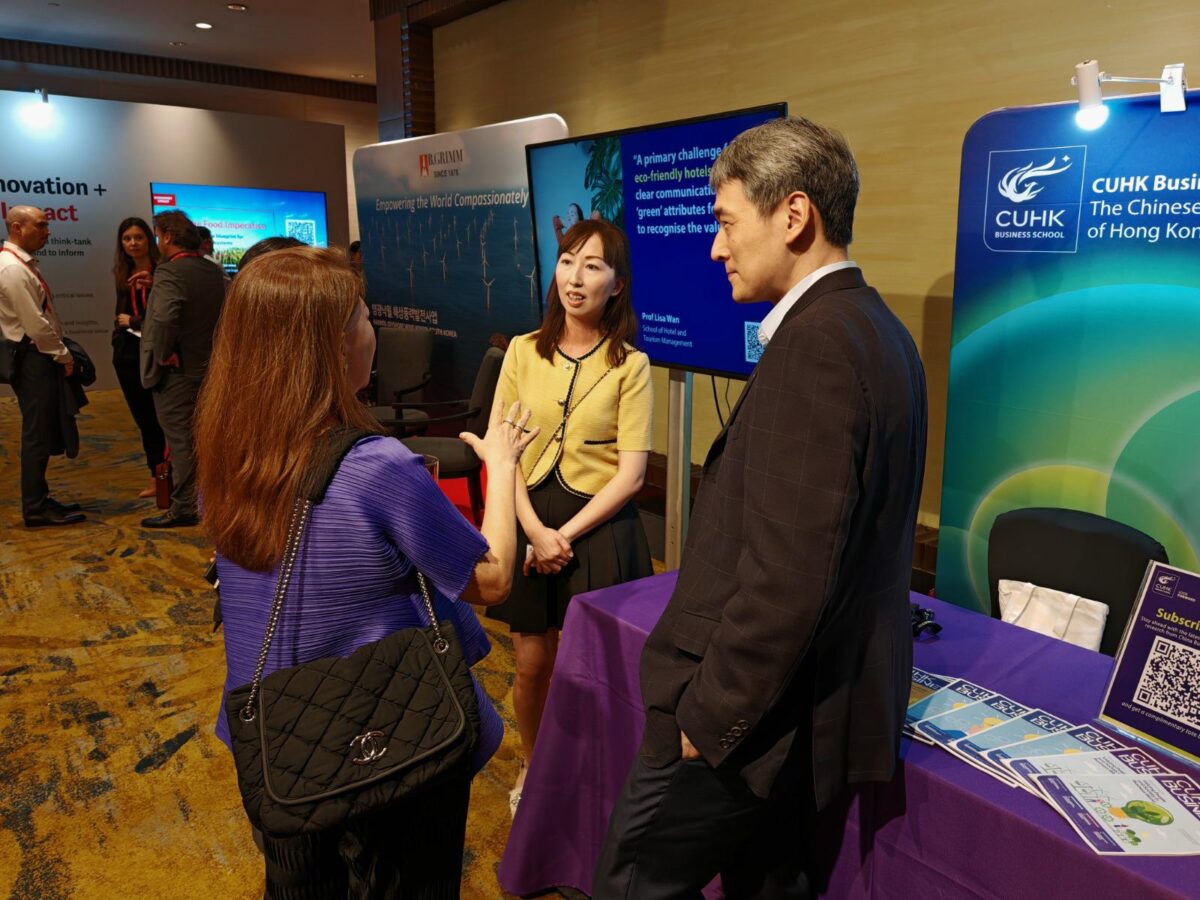Sustainable tourism: redefining luxury and responsibility

Sustainable tourism is redefining modern travel through green luxury, sustainable hospitality, and responsible tourist behaviour.
As travel rebounds post-pandemic, sustainable tourism is reshaping the industry worldwide. Booking.com’s Sustainable Travel Report 2024 reveals that 75 per cent of global travellers aim to travel more sustainably in the next year, challenging destinations, industries, and policymakers to redefine tourism for both enrichment and sustainability.
Having dedicated over ten years to sustainable tourism research, Professor Lisa Wan, Associate Professor at the School of Hotel and Tourism Management of the Chinese University of Hong Kong (CUHK) Business School, is leading this transformative shift in the region.
Understanding the heart of sustainable tourism
At its core, sustainable tourism seeks to minimise negative environmental impacts while fostering economic growth and cultural exchange. This balance becomes crucial as the consequences of unsustainable tourism grow more evident with the post-COVID tourism surge worldwide. Professor Wan highlights how overtourism has strained local resources and infrastructure, exacerbating issues like waste and environmental degradation. Solutions, she says, lie in encouraging more responsible tourist behaviour and redefining destinations not as transient playgrounds but as interconnected, shared spaces.
By reducing psychological distance and reinforcing the idea that “the travel destination is also our home”, tourists can cultivate a sense of responsibility. Effective initiatives include promoting human connection with local residents through warm interactions and fostering community integration with immersive cultural experiences. These experiences deepen visitors’ connection with the land and its people.
Examples like Hong Kong’s “cultural in-depth tourism” illustrate the benefits of meaningful and experiential travel. Activities such as hiking Hong Kong’s Dragon’s Back or participating in island-hopping foster a greater appreciation for local landscapes. Similarly, Japan’s Satoyama tourism invites visitors to engage in sustainable farming and traditional rituals, creating opportunities for cultural exchange and ecological education. These approaches mitigate environmental harm while enriching tourists’ understanding of destinations and inspiring sustainable behaviour.
Shifting travel priorities post-pandemic
This evolution aligns with the changing travel preferences in the post-pandemic era, ushering in a new age of purpose-driven tourism. Once known for shopping and gastronomy, Hong Kong has seen tourists reprioritise their travel motives following the pandemic. As Professor Wan explained at the Economist Impact’s Sustainability Week Asia 2025 conference, held in Bangkok on 25 and 26 March, “During the pandemic, the tourism industry halted, and consumers now value mental well-being and nature over materialism. Travellers increasingly seek cultural immersion, natural environments, and relaxation, rather than just shopping.”
Despite initial scepticism regarding the revenue potential of sustainable tourism, its long-term benefits are becoming evident. Professor Wan highlighted the role of strategic marketing in making ecotourism both profitable and sustainable. “For high-income groups, this translates to luxury offerings in natural settings, which can generate significant revenue.” According to a recent survey, 66 per cent of luxury travellers said they are willing to pay more to travel responsibly.
Hospitality’s role in advancing sustainability
The hospitality industry occupies a pivotal role in shaping the future of sustainable tourism. Professor Wan’s research highlights two pivotal strategies: redefining luxury and authentic communication of sustainability initiatives.
Modern luxury is shifting from extravagance to quality over quantity, emphasising sustainability that enhances high-end hospitality. This approach views going green as an investment in the future, adding value to the brand.
Six Senses Resorts exemplifies this trend by incorporating locally sourced sustainable materials and organic farm-to-table dining into their offerings. Guests enjoy private nature excursions and renewable-energy-powered wellness retreats, blending indulgence with conservation efforts. Meanwhile, leading hotel groups are investing in advanced technologies to minimise waste and eliminate single-use plastics, which also shows the effort of transforming luxury in a sustainable way.
Authenticity in communication and traveller education is also key. Greenwashing—or the misrepresentation of environmental practices—undermines consumer trust. Professor Wan’s findings show that Asian and younger travellers are drawn to tangible eco-initiatives, while Western and mature travellers value eco-certifications. Yet the fundamental principle remains the same: honesty and transparency. “Consumers are smart and quick to identify greenwashing. My advice to hotels: be honest. People appreciate authenticity and understand the challenges of adopting sustainable practices. Efforts, even small ones, are valued. From a consumer perspective, embracing sustainability often means paying more and sacrificing convenience. Yet, this is a meaningful pursuit for the benefit of future generations.”
Bridging regulatory gaps in Asia
While individual companies may commit to sustainability, a lack of standardised regulations often hampers progress. Asia’s rapid economic growth and diverse markets require tailored policies to ensure that sustainability practices are rigorous yet adaptable.
To foster industry-wide change, Professor Wan introduced CUHK Business School’s Greater China Hotel Business Sustainability Index in 2021 to encourage hotels in the region to improve their operations to meet sustainability benchmarks. “We set a series of benchmarks based on our independent research. We study the hotels’ public reports and conduct surveys to assess their operations and strategic intent. Over the past four years, the data shows encouraging improvement in these hotels’ sustainability efforts. Such measures effectively motivate hotels to integrate sustainability into their goals and contribute to society.”
Striking a balance for sustainable tourism
The pursuit of sustainable tourism lies in achieving a delicate balance: environmental protection to minimise ecological damage, social responsibility to enhance cultural appreciation and community well-being, and economic viability to ensure profitability without compromising sustainability.
As Professor Wan emphasises, the goal is not to limit travel but to redefine it in ways that benefit both destinations and their visitors. Hong Kong’s recognition as one of the “Dreamy Destinations for a More Sustainable Getaway” in 2024 illustrates how proactive initiatives can position regions as leaders in sustainable tourism.
Ultimately, sustainable tourism offers an invitation to travel more consciously. It challenges us to rethink luxury as an opportunity to give back—to the environment, to communities, and to future generations. By embracing this ethos, we can transform tourism from a source of harm into a force for good.
Watch the Spotlight Interview of Professor Lisa Wan at Economist Impact’s Sustainability Week Asia 2025:








